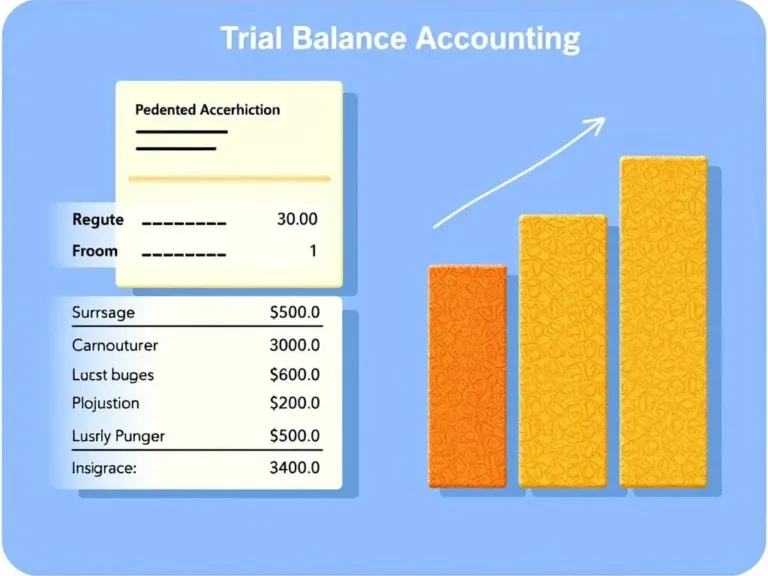Learn about information technology, its definition, nature, characteristics, importance, roles, advantages, and disadvantages. Understand the impact of IT on various industries and the challenges it poses. Explore the benefits and risks of information technology in the modern world.
Understanding Information Technology (IT): Definition, Nature, Characteristics, Importance, Roles, Advantages, and Disadvantages
Information Technology (IT) is a broad term that encompasses the use of computers, software, and telecommunications to store, retrieve, transmit, and manipulate data. It plays a crucial role in modern society, transforming the way we live, work, and communicate. Also, Understanding Computer Information Systems (CIS)
The nature of information technology is dynamic and ever-evolving. It involves the development, implementation, and management of computer-based systems to process and distribute information. These systems can range from simple applications to complex networks that connect people and devices across the globe.
Characteristics
The characteristics of information technology can be summarized as follows:
- Automation: IT enables the automation of repetitive tasks, increasing efficiency and productivity.
- Connectivity: IT facilitates seamless communication and collaboration between individuals and organizations.
- Scalability: IT systems can be easily scaled up or down to meet changing demands.
- Security: IT includes measures to protect data and systems from unauthorized access and cyber threats.
Importance
The importance of information technology cannot be overstated. It has revolutionized various industries, including healthcare, finance, education, and entertainment. Here are some key reasons why IT is essential:
- Enhanced Communication: IT enables instant communication through email, messaging apps, and video conferencing, breaking down geographical barriers.
- Efficient Data Management: IT systems allow for the storage, retrieval, and analysis of vast amounts of data, enabling informed decision-making.
- Streamlined Processes: IT automates manual tasks, reducing errors and improving overall efficiency.
- Global Connectivity: IT has connected the world, enabling businesses to reach a global audience and individuals to connect with people from different cultures and backgrounds.
Roles
Information technology plays various roles in organizations:
- Supporting Operations: IT systems support day-to-day operations by providing tools and resources for employees to perform their tasks efficiently.
- Enabling Innovation: IT enables organizations to innovate by developing new products, services, and business models.
- Enhancing Customer Experience: IT helps organizations deliver personalized experiences to customers through targeted marketing, customer relationship management systems, and online support channels.
Advantages and disadvantages
While information technology offers numerous advantages, it also has some disadvantages:
- Dependency: Organizations and individuals have become highly dependent on IT systems, making them vulnerable to disruptions and cyber threats.
- Costs: Implementing and maintaining IT systems can be expensive, especially for small businesses.
- Privacy Concerns: The widespread use of IT raises concerns about data privacy and security.
In conclusion, information technology is a vital component of the modern world. It has transformed the way we live and work, enabling efficient communication, streamlined processes, and global connectivity. The Influence of Accounting Information Systems on Financial Accounting Function. However, it is crucial to address the challenges and risks associated with IT to ensure its continued success.














7 Comments